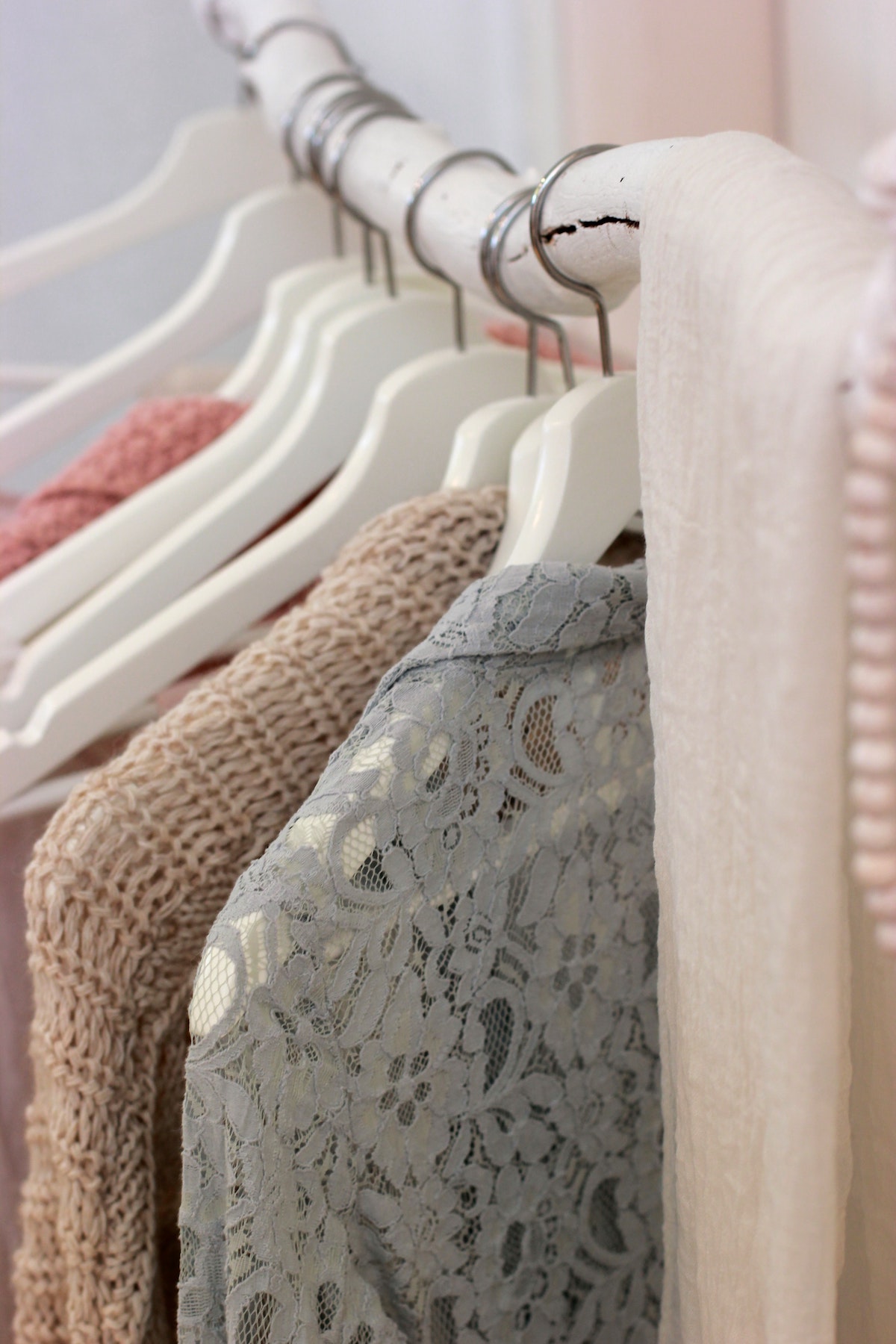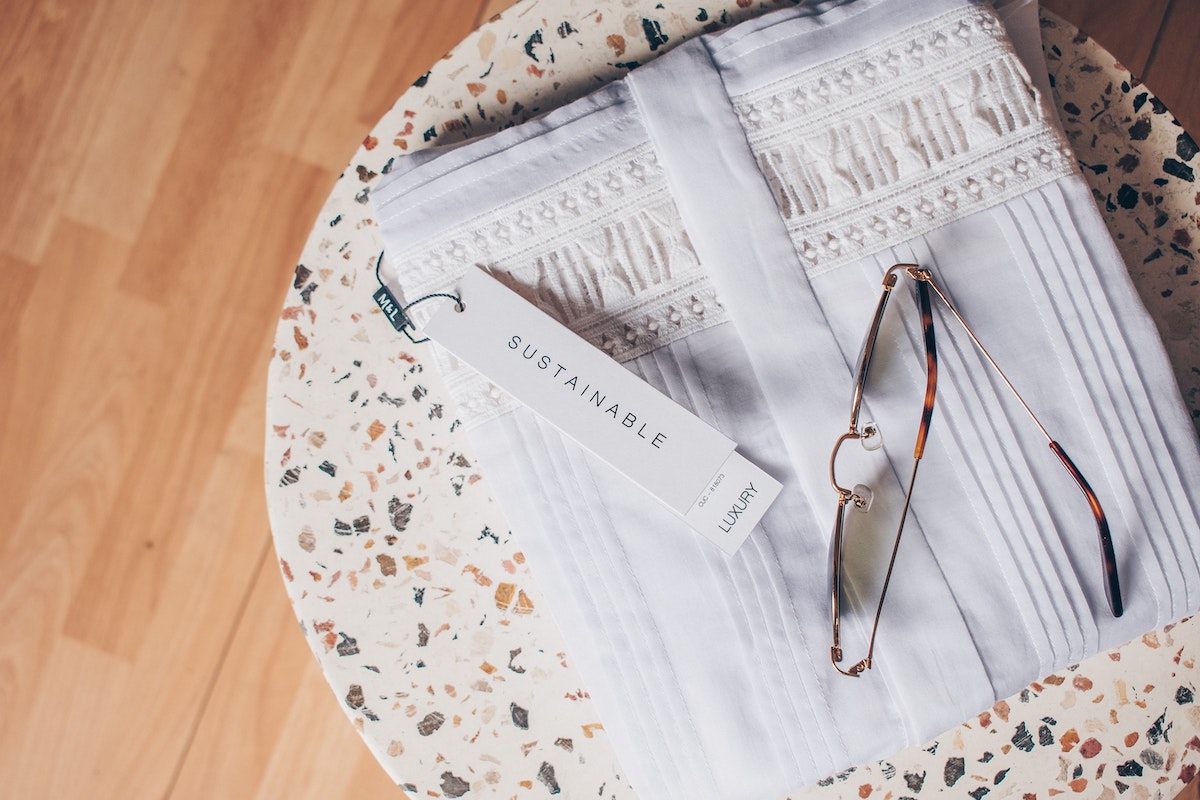
Greenwashing | Why Do Fashion Brands Find It So Hard To Be Transparent?
In an industry-led by consumerism, more and more buyers, shoppers, and fashion lovers are becoming increasingly aware of the damaging impact their clothing has on the environment.
Between Instagram influencers who share a brand new outfit each day to many people choosing retail therapy as a way to cope during the pandemic, it’s no question that fashion consumption contributes a great deal to the damage of our environment today. However, where the real blame lies is not with the consumer, but fast fashion brands, high-end designers, and marketing professionals guilty of greenwashing.
WHAT IS GREENWASHING?
Used heavily in regards to fashion industry practices, the term greenwashing refers to “the process of conveying a false impression or providing misleading information about how a company’s products are environmentally or ethically sound when they aren’t.” Fast fashion brands such as Zara, Boohoo, and Missguided have often been guilty of greenwashing in the past.
Greenwashing has become more widely addressed within the fashion industry thanks to fashion lovers and consumers who are also concerned about caring for the environment, fighting for workers’ rights, and ethical practices behind the making of fashion products. The thing that comes as a shock to most audiences is that most, if not all, brands are aware of this.
CONSUMERS CARE, SO WHY DON’T BRANDS?
Brands know that their consumers and customers care about the planet and want to make fashion a sustainable, environmentally-friendly cause while still being able to enjoy the beauty and excitement that comes with clothing and design. For them, however, that’s not reality.
A lot goes into making a clothing item. From design to production to even selling the product, a brand jumps through many hoops to get fashion produced and sold. This is where many brands and high-end fashion moguls fall short of their sustainability efforts.
A brand can claim to make their clothes from eco-friendly material, and that might be true. Organic cotton is a great source of clothing that hurts the environment less than regularly used materials. However, if they globally outsource their production process, and the garment workers who are turning the organic cotton into clothing aren’t being paid fair wages, that’s both unethical and harmful to the environment and to human rights. Often, however, the brand will only be concerned with getting that product sold.
They will advertise to their customers that their jeans were made from organic cotton, which is true. However, they will never let their consumers know the conditions under which their garment workers endured to make that product for them. This is where greenwashing becomes a curtain to full transparency for brands. Yes, the material they used is organic, but if ethics and sustainability go hand in hand, then hiding their poor working conditions behind their advertisements of organic products is a form of greenwashing.

TIMES ARE CHANGING
Don’t lose hope. Times are changing, and eco-friendly fashion lovers all over the world are using both their passion for fashion and for the planet to bring about change. So many fast-fashion brands and even high-fashion brands have been exposed for greenwashing thanks to the research of fashion fans all over the world. Social media has become a new way to let mass amounts of consumers know the truth about their favorite brands and why they should stop supporting them.
Social media has also become a platform for fashion brands to align their missions with the social issues that are evolving around the world. Some brands use social issues as a marketing tactic to get their consumers’ attention, especially online. However, when a brand claims to support a certain issue but does nothing within their company to implement the fairness or equality they claim to stand for, that’s called woke-washing.
The ethics behind a fashion brand to be fully transparent is often damaging to their reputations because for them, the truth is that the sales mean more to them than sustainability or fair production practices. This is often the same reason why brands don’t make their sustainability efforts clear on their websites or social media pages. Hiding the truth about where exactly their garments are made or the wages of their outsourced workers all play into maintaining a brand reputation through PR and marketing. They know that simply seeming ethically and environmentally sound is what will draw consumers and sales in.

WHAT YOU CAN DO TO HELP
The good news is you don’t have to be fooled by their greenwashing marketing ploys. Here’s what you can do as fans of fashion to help further the mission for brand transparency in the fashion industry.
Do your research
Fashion brands, especially fast-fashion ones, will try to deceive you through their greenwashing and woke-washing campaigns, but you don’t have to let them. Doing your own research on a brand before making a purchase can combat the environmental damage that supporting them would cause. Make sure you’re able to find what materials they use, where they get them from, who makes them, and how they treat their workers throughout every stage of fashion production. While this information might not always be easy to find, it’s important to remember that consumers who are true fashion lovers at heart are always going to be the change.
Shop second-hand and invest in versatile clothing essentials
It’s often difficult to balance loving fashion with trying to protect the environment. However, there’s always a way to find a balance. Shopping at second-hand clothing stores often lessens the environmental impact of purchasing a brand new piece of clothing would. Buying an already used clothing item means that one less new piece of clothing is cut from nature and made in a factory for you. Oftentimes, these used pieces of clothing still have long life spans and can be part of your wardrobe for years to come.
When shopping, invest in versatile clothing pieces. Neutral-toned items pair well with almost anything and pieces like these make it easier to create numerous versions of outfits you can wear repeatedly. Not only does this make your closet more sustainable, but you’ll minimize the need for buying multiple new items of clothing at the same time.
Don’t be afraid to call out brands
When you see a brand guilty of greenwashing or woke-washing, don’t be afraid to call attention to their marketing tactics and fake efforts, especially if they’re a well-known, extremely popular brand that you know is capable of implementing better practices in their production process. Social media platforms like Twitter and Instagram often have whole communities of fashion lovers advocating for change within the fashion industry. It’s time for clear, transparent, change. As consumers, you have the influence and the right to demand better from the people who provide fashion for you, not only for your sake or their workers’ sakes but for the planet’s too.
+ Words: Erica Danielle Garcia, Luxiders Magazine








